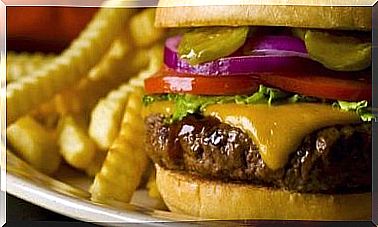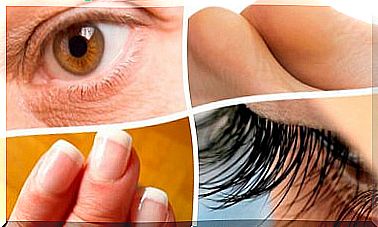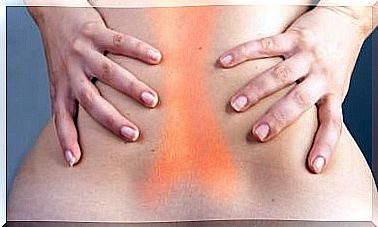7 Health Myths That Nutritionists Hate
To be healthy, you must have a balanced diet that includes all food groups. This is how you can avoid a nutritional deficiency.

There are many theories about how to live a healthy life. But there are also numerous health myths that have no basis or have been proven to be wrong.
Below are some of these false beliefs about health. You can also read recommendations on how to live healthier without health myths.
Wrong health myths
1. Eggs are high in cholesterol
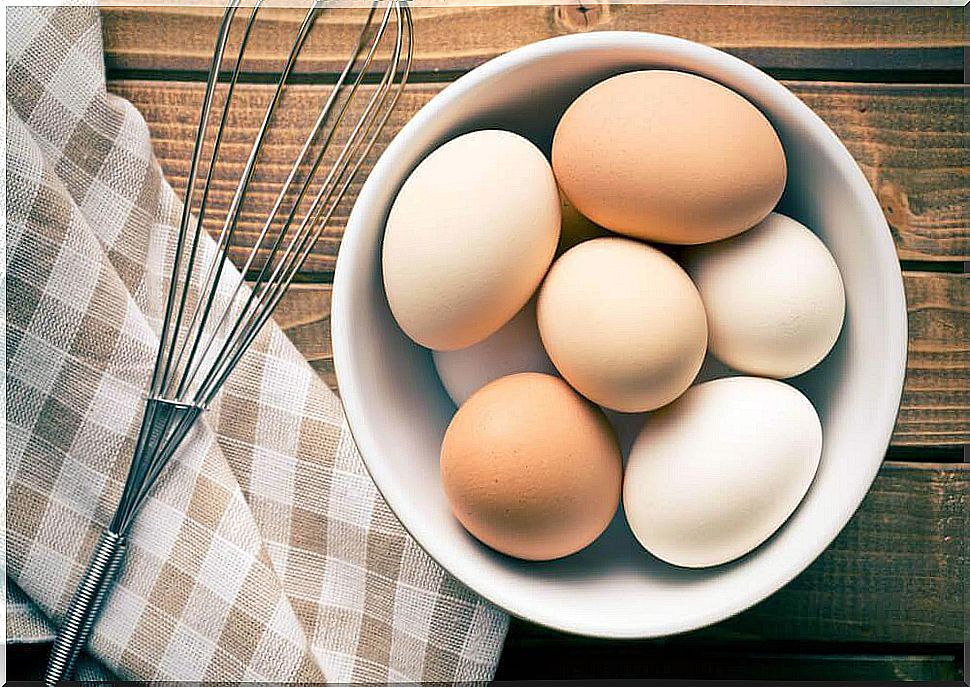
Eggs contain cholesterol, that’s right. This is why the belief has spread that one should avoid eggs to reduce the risk of heart disease.
However, eggs have an impressive number of vitamins and minerals. They offer a wide variety of health benefits: from weight loss to healthy eyesight and strong muscles.
recommendation
- You can make eggs part of your balanced diet. The key is in the crowd. Normally, one egg can be eaten daily without any problems.
2. A gluten-free diet means a healthier diet
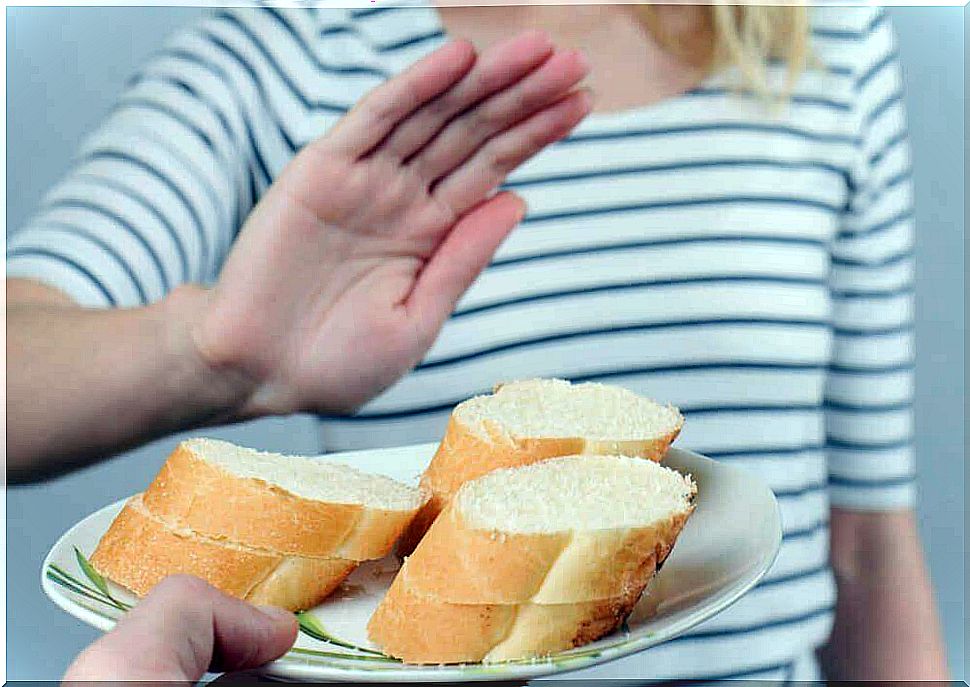
Gluten is a protein that you can find in wheat, barley, and rye. Gluten-free diets are usually aimed at people who have celiac disease or are gluten sensitive.
If you don’t have these types of health problems, but still avoid gluten, then you may not be getting some of the vitamins, fiber, and minerals that you need for a balanced diet.
- The belief that a gluten-free diet helps you lose weight is also wrong!
recommendation
- Those people who do not have celiac disease need a balanced diet that includes gluten in whole grain products.
- Processed flours and commercial breads should be avoided as they are high in sugar.
3. Diet food is good for weight loss
Foods labeled as “diet products” are often both low in fat and low in carbohydrates and are artificially sweetened, which is why they are said to be good for weight loss.
Just because they’re low in fat and low in carbohydrates doesn’t always mean they’re low in calories.
So if you are trying to lose weight then these diet products could actually be counterproductive.
recommendation
- Always check the labels on products that are labeled “Diet” or “Light”. Pay special attention to their calorie content and compare it to the calorie content of a non-diet counterpart.
4. Red meat is bad for your health
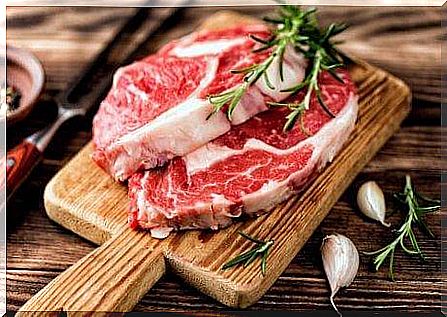
It is true that red meat is linked to a higher risk of heart disease. One of the health myths, however, is that all meat is bad and unhealthy.
- In reality, you will only suffer from health consequences if you eat lard and high-fat meat or fried meat.
- Also, remember that red meat is a good source of protein, vitamin B12, collagen, iron, and zinc.
recommendations
- Instead of completely eliminating red meat from your diet, opt for a lean piece of meat with as little fat as possible.
- In addition to consuming red meat, you should also seek out other types of protein sources, such as poultry, eggs, legumes, fish, and seafood.
5. Muesli is a healthy breakfast
Despite its reputation for being a healthy breakfast, consider granola more like a dessert. Although it contains a mixture of whole grains, it usually also contains sugar and fruits.
- A high-sugar diet is linked to a higher risk of a variety of serious illnesses, which can range from diabetes and heart disease to cancer.
recommendation
- Replace the granola with a cup of cooked oats. Also, try adding walnuts and other nuts to the oats to make the whole thing a little crunchy.
- You can also make your own sugar-free muesli with fresh fruit to keep your calorie intake under control.
6. You only have to worry about the amount if you want to lose weight

Eating healthy and losing weight doesn’t mean stopping yourself from eating healthy and tasty meals.
Also, one of the health myths is that when you cook your meals, all you have to do is think about quantity.
- Instead of focusing on the amount and calories of your meal, you should carefully choose foods that are nutritious.
- It’s better if you follow a diet that doesn’t make you hungry, that doesn’t make you feel guilty, and that isn’t lacking in nutrients. This way, you will ensure a healthy diet and weight loss that is easier to sustain over the long term.
recommendation
- Don’t go hungry. If you want to lose weight and then stop gaining weight, keep an eye on the carbohydrates you are eating.
7. Eating high-fat foods makes you fat
Yes, it is true that foods high in healthy fats contain more calories. But you also need them so that you can stay full longer and satisfy your craving for ready-made meals.
- Fat contains more calories per gram than carbohydrates and proteins do. However, you still need fats, especially essential fats, in your diet.
- Healthy fats will make you feel fuller even with smaller servings. They also reduce cravings and improve metabolism.
recommendation
- Opt for high quality vegetable fats, seeds, and nuts.
- Avoid fried foods, or those that contain trans fats, at all costs.
Forget these health myths
As you can see, there are many myths surrounding your diet and lifestyle. Remember that the secret to good health is to stay away from miracle diets and not remove the essential food groups from your diet.
If you have any questions about your personal health problems or lifestyle, the best thing to do is to make an appointment for nutritional advice.


